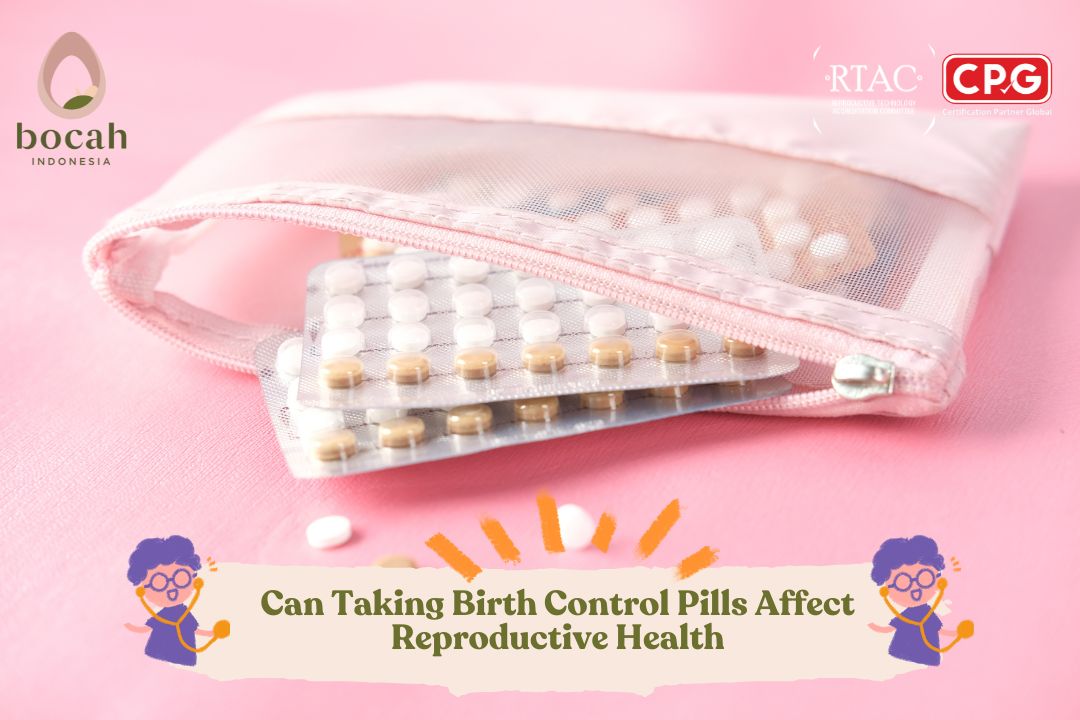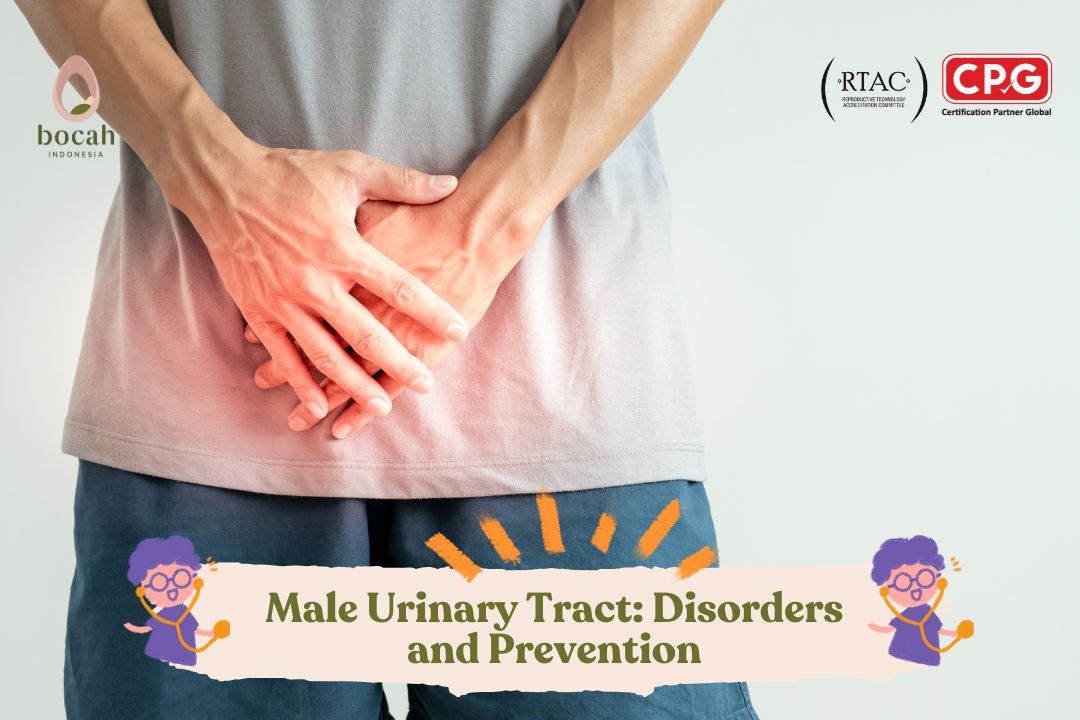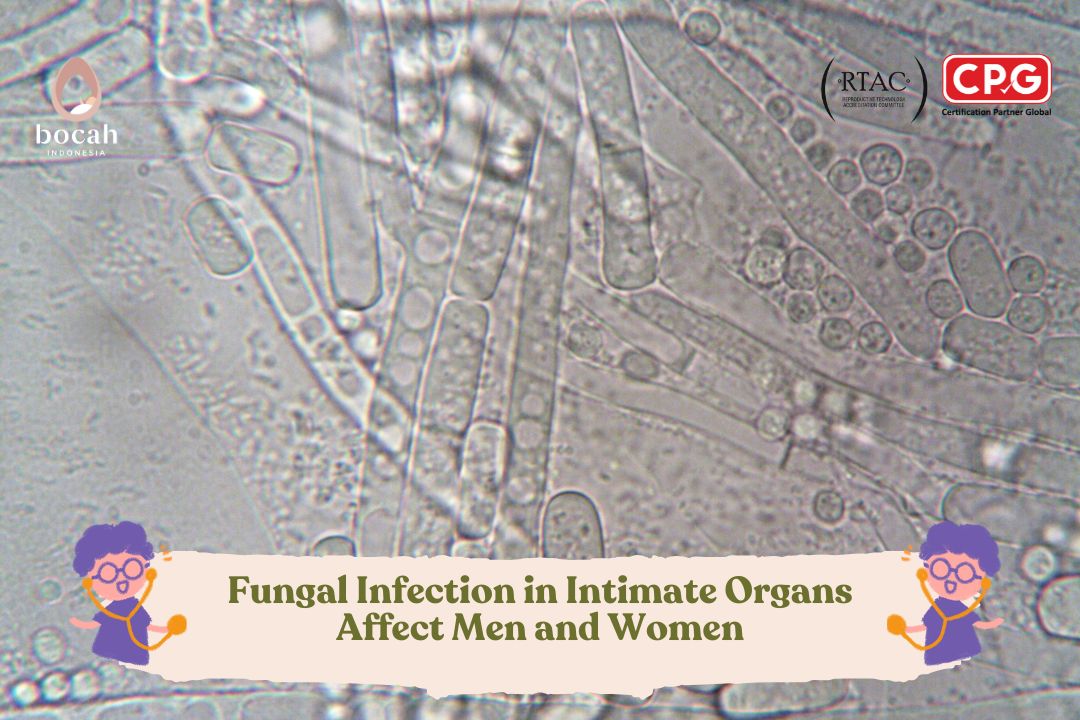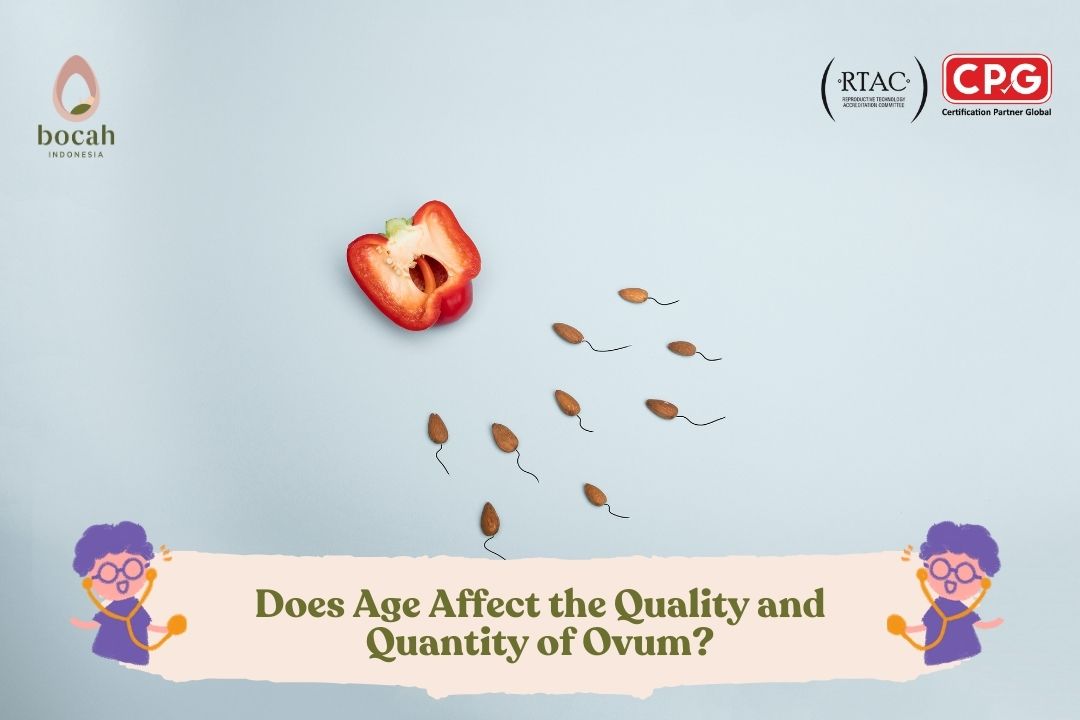4 Health Issues That Affect Male Fertility

Male fertility disorders can be caused by various factors, such as hormonal imbalances and abnormalities in the reproductive organs. However, they can also be influenced by certain health conditions.
Infertility is a condition in which a couple has been married for more than one year (for women under 35) or six months (for women over 35), having regular unprotected intercourse but failing to conceive.
Fertility disorders can affect both men and women. This condition is not visible to the naked eye and must be detected through a fertility examination.
What Are the Common Health Issues in Men?
Many factors can cause fertility problems in men, such as low sperm count, poor sperm quality, or even the absence of sperm production.
These conditions can result from hormonal imbalances, psychological issues, physical abnormalities, or underlying medical conditions.
Tanya Mincah tentang Promil?
Several health problems that may impact male fertility include thyroid disorders, urinary tract infections, testicular inflammation, prostate problems, and sexually transmitted diseases (STDs).
1. Thyroid Disorders
This condition occurs when thyroid hormones become imbalanced. The thyroid gland plays a crucial role in regulating metabolism and male reproductive function, including sperm production and quality.
When the thyroid gland malfunctions—whether due to hyperthyroidism (excessive thyroid hormone) or hypothyroidism (insufficient thyroid hormone)—it can lead to infertility in men.
Can thyroid disorders be treated?
Yes, they can. However, proper diagnosis is required for effective treatment. Doctors need to conduct several tests to determine the underlying cause before prescribing the right therapy.
The duration of treatment depends on the patient’s overall health condition, age, and adherence to medication.
2. Diabetes
Diabetes affects not only female fertility but also male reproductive health. Diabetes is characterized by high blood sugar levels, which can impact the reproductive system.
Men and women with diabetes in their reproductive years have a lower pregnancy rate due to the effects of the disease on fertility.
For men, diabetes can lead to:
- Erectile dysfunction (difficulty maintaining an erection).
- Ejaculatory disorders (problems with semen release).
- Decreased sperm quality (low sperm count, abnormal sperm shape, and genetic damage to sperm).
Nerve damage caused by diabetes can also interfere with the sperm release process, further affecting male fertility.
3. Infections
Men suffering from infections and inflammation in their reproductive organs may experience reduced sperm quality, leading to conditions like asthenozoospermia (poor sperm motility).
Several infections that can affect male fertility include:
- Testicular inflammation (orchitis)
- Urinary tract infections (UTIs)
- Prostatitis (prostate inflammation)
- Sexually transmitted diseases (STDs)
These infections can directly damage sperm cells, interfere with semen production, and cause blockages in the reproductive tract.
4. Tumors or Cancer
Certain tumors and cancers can also contribute to male infertility. Tumors in areas such as the pituitary gland, adrenal glands, or testicles can disrupt hormonal balance and reproductive function, leading to infertility.
Additionally, cancer treatments such as radiation therapy and chemotherapy may negatively impact sperm production and fertility potential.
Conclusion
These are some of the health conditions that can affect male fertility. Each of these issues has different causes and treatments.
Therefore, if you and your partner are planning to conceive, consulting a doctor for the right diagnosis and treatment is highly recommended.
Source:
La Vignera, S., Vita, R. (2018). Thyroid dysfunction and semen quality. Int J Immunopathol Pharmacol. 2018 Mar-Dec; 32: 2058738418775241.
Sengupta, P., Dutta, S. (2018). Thyroid Disorders and Semen Quality. Biomed Pharmacol J 2018;11(1).
Condorelli, RA., et al. (2018). Diabetes Mellitus and Infertility: Different Pathophysiological Effects in Type 1 and Type 2 on Sperm Function. Front Endocrinol (Lausanne). 2018; 9: 268.










